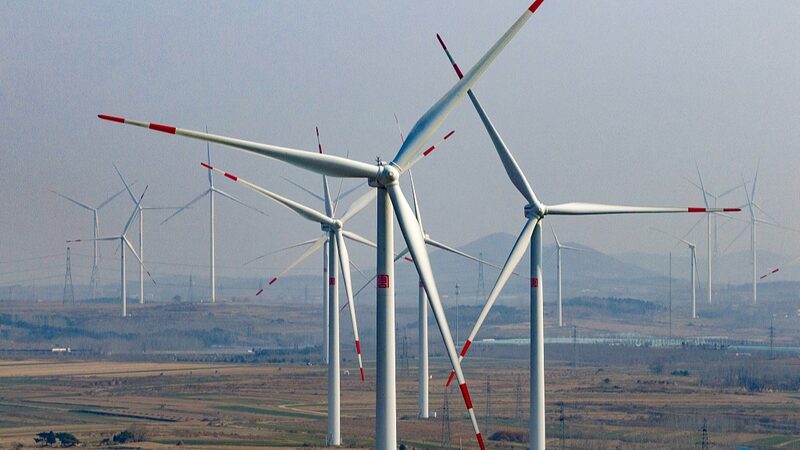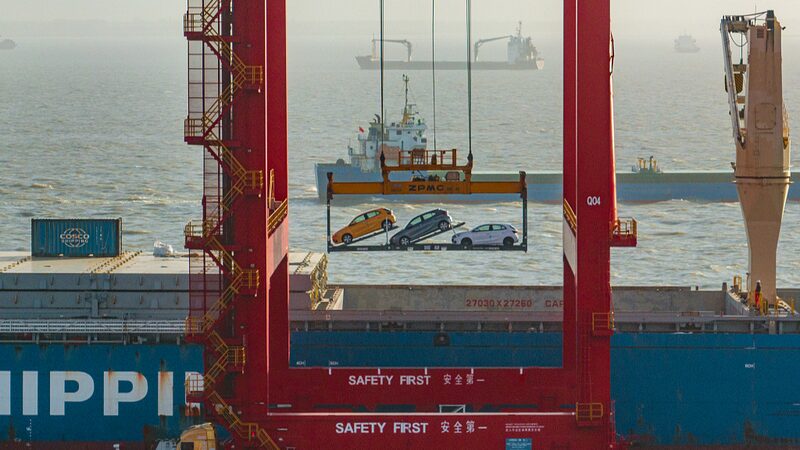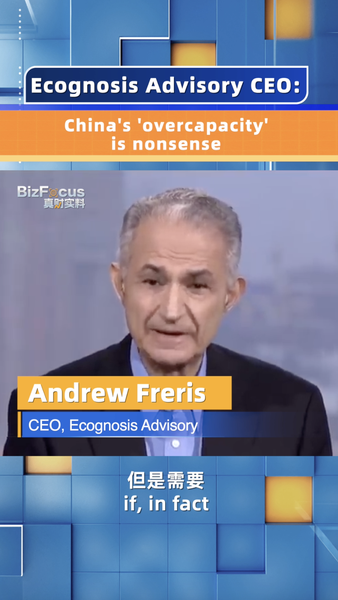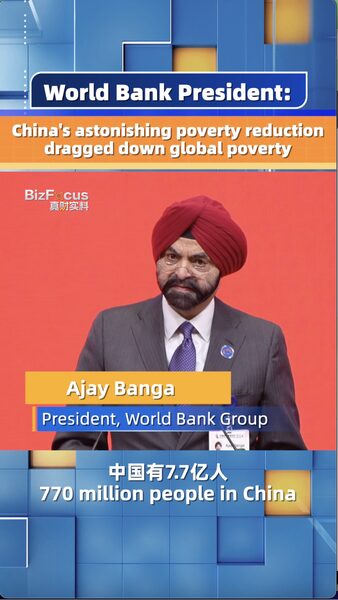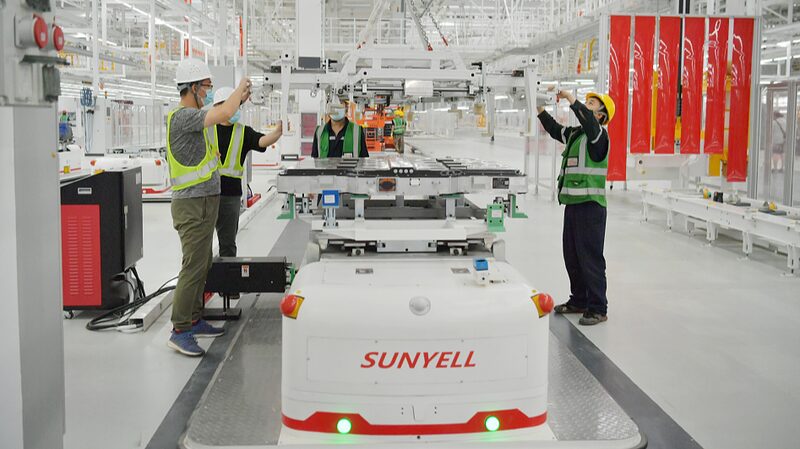In recent years, discussions around China’s industrial capacity have often been clouded by misconceptions. Critics argue that China’s vast production capabilities have led to a global overcapacity, affecting international markets and economies. However, a closer examination reveals a more nuanced reality.
Understanding China’s Industrial Growth
China’s rapid industrial growth has been a cornerstone of its economic development. This growth has enabled the country to lift millions out of poverty and transform into one of the world’s largest economies. The expansion of industries such as steel, manufacturing, and technology has played a significant role in meeting both domestic and global demand.
The Myth of Overcapacity
The claim that China is causing global overcapacity overlooks several key factors. Firstly, much of China’s production is geared towards fulfilling its substantial domestic needs. With a population of over 1.4 billion people and a burgeoning middle class, domestic consumption drives a significant portion of industrial output.
Secondly, global supply chains are interconnected. China’s manufacturing capabilities often complement those of other countries, contributing to the efficiency and affordability of products worldwide. The collaborative nature of international trade means that China’s capacity can enhance, rather than hinder, global economic growth.
Addressing Global Challenges Together
It’s important to recognize that overcapacity is a complex issue that involves multiple countries and markets. Rather than singling out China, a cooperative approach is needed to address global economic challenges. Collaborative efforts can lead to sustainable solutions that benefit all parties involved.
Looking Forward
China continues to adjust its economic strategies, focusing on high-quality growth and innovation. Initiatives to reduce excess capacity in certain industries are already underway, demonstrating a commitment to balancing supply and demand.
Debunking misconceptions about China’s industrial capacity is essential for fostering mutual understanding and cooperation. By embracing accurate information and working together, nations can navigate economic complexities and contribute to shared prosperity.
Reference(s):
cgtn.com
